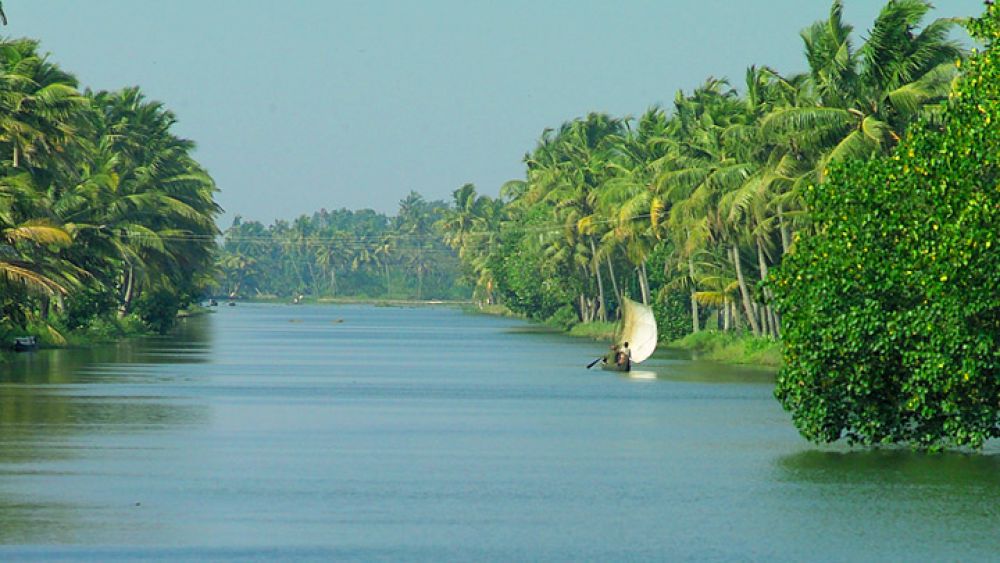

Kerala, often referred to as 'God's Own Country,' is renowned for its tranquil backwaters. Amongst these tranquil stretches of water, the Kuttanad Backwaters in Alleppey district stand out for their unique geography and cultural significance. As a popular destination, Kuttanad boasts of a rich history intertwined with the evolution of tourism in Kerala.
The history of tourism in Kuttanad is deeply connected to its rustic charm and agrarian culture. Known as the "Rice Bowl of Kerala," this region is an example of below sea level farming and has been attracting visitors for decades. However, it was not until the government of Kerala recognized the potential of the backwaters as a tourist attraction that Kuttanad started gaining popularity.
The establishment of the Kerala Tourism Development Corporation (KTDC) in the 1960s was a turning point. It aimed at promoting controlled tourism while also preserving the natural beauty of the area. Since then, Alleppey, the gateway to Kuttanad backwaters, has seen a gradual and sustained increase in tourism activity.
In the 1990s, Kuttanad witnessed a revolutionary change with the introduction of houseboats, known locally as 'Kettuvallams.' These traditional rice barges, once used for transporting goods, were transformed into luxurious floating accommodations. With these houseboats, tourists could now immerse themselves in the serene surroundings of the backwaters.
Houseboat tourism became a major draw, contributing to the overall economic growth of Kuttanad. The tranquil experience of gliding through narrow canals, surrounded by green paddy fields and palm-lined banks, became synonymous with a visit to Kerala.
Recognizing the vulnerability of the delicate ecosystem, government bodies and local communities have collaborated on conservation efforts. Sustainable tourism practices are strongly encouraged, involving the local population in their implementation. Community-based tourism (CBT) initiatives have empowered the residents, ensuring that tourism doesn't overwhelm the natural habitat or traditional lifestyles.
In recent years, there has been a consistent push towards experiential tourism. Tourists are not just looking for luxury but are eager to engage with the local culture and lifestyle. Initiatives like village tours, kayaking, bird watching, and participating in local festivals highlight the current tourism trends in Kuttanad.
Another trend is the rise of responsible tourism. This involves reducing plastic pollution, promoting cleaner energy sources, and ensuring waste management practices are in line with conserving the backwaters. Tourists are becoming more environmentally conscious and are selecting service providers who adhere to sustainable practices.
Health and wellness tourism also thrives in the region, with an increasing number of resorts and homestays offering traditional Ayurvedic treatments and yoga sessions against the backdrop of the backwaters. This holistic approach to tourism appeals to those looking to rejuvenate both body and spirit.
As with any popular tourist destination, Kuttanad faces challenges such as overcrowding and the need to balance growth with conservation. Efforts are being made to diversify tourism offerings and to promote off-season travel to avoid overburdening the area.
The future of Kuttanad tourism lies in striking the right balance between development and the safeguarding of its natural and cultural heritage. With an emphasis on eco-friendly practices and authentic experiences, Kuttanad continues to be a shining example of how tourism can thrive in harmony with the environment.
The everlasting allure of the Kuttanad Backwaters remains, welcoming visitors from around the world to witness its verdant beauty, peaceful waters, and warm hospitality. As the trends continue to evolve, so will the experiences offered by this enchanting destination in the heart of Kerala.